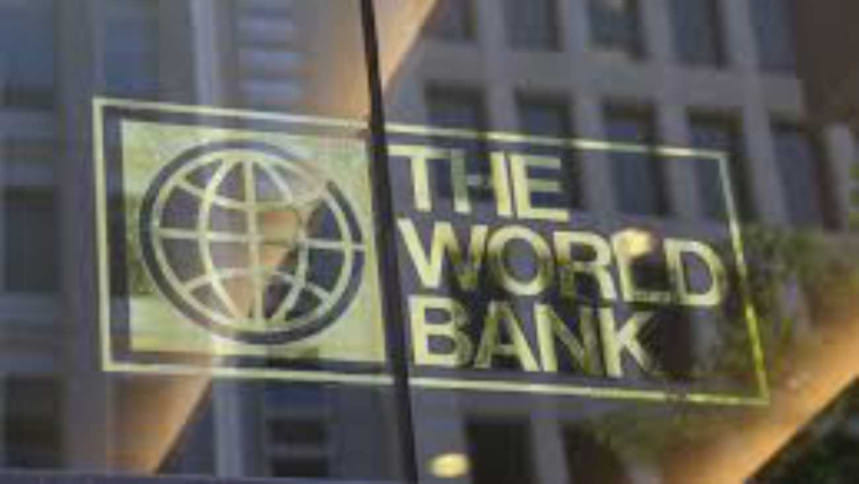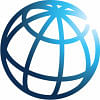Weak policing, polls uncertainty pose high risk to economy

The World Bank (WB) identified law and order, uncertainty surrounding the next general election and weak financial sector as the three major downside risks to Bangladesh's economy and development.
Subsequently, the Washington-based multilateral lender recommended five reform priorities to offset the risks in its 'Bangladesh Development Update, Creating Jobs for a Better Future', which was released yesterday.
The WB said the downside risks have increased and significant uncertainties remain.
Although the interim government has prioritised law and order, restoring the police's full strength may take time due to the widespread destruction of police infrastructure.
"First, safety and security concerns persist and are likely to remain until the police force is fully operational. This can have an impact on the recovery of economic activities."
The lender also considered the absence of a clear timeline yet for the democratic transition of power as a major downside risk.
"The timing of the next election is uncertain. Disagreements between political parties and the interim government over the election date could heighten political tensions in the future," it said.
While the financial sector reforms are underway, the sector remains quite vulnerable to shocks, the WB said.
The unforeseen natural disasters have the potential to disrupt food production and escalate food inflation, thus keeping inflation higher than projected in the medium term.
But time and again, Bangladesh has shown extraordinary resilience and determination in the face of adversity, said Abdoulaye Seck, the WB country director for Bangladesh and Bhutan, at the launch of the report.
Seck joined in the programme held at the WB's office in Dhaka virtually from Washington DC.
"I am confident that with urgent and bold reforms to enhance economic and financial governance and improve the business environment, Bangladesh can return to a strong and inclusive growth path, with millions of jobs for its youth," Seck added.
The WB projected the GDP growth in Bangladesh will moderate this fiscal year to 4 percent, which is the lowest since the pandemic, before accelerating to 5.5 percent in fiscal 2025-26.
The wide range of the projection reflects the significant uncertainties on the outlook, it said.
On the demand side, the deceleration in growth will be driven by a slowdown in private consumption, investment and exports, amid high inflationary pressures, tight financing conditions and supply disruptions in fiscal 2024-25.
On the supply side, the uncertainties are expected to keep industrial growth subdued in the short term and the recent floods are expected to moderate agriculture growth.
Inflation is projected to decline marginally but remain elevated this fiscal year: it is expected to moderate from 9.7 percent last fiscal year to 9 percent this year.
High food and import prices exacerbated by supply disruptions are expected to keep headline inflation elevated during the forecast period.
The inflation trajectory will also depend on the effective transmission of the central bank's monetary policy and the government's fiscal policy stance.
The adoption of the crawling peg will help stabilise the exchange rate and foreign exchange reserves.
Given that Bangladesh is an oil importer, there are significant downside risks stemming from higher-than-anticipated global energy prices driven by geopolitical tensions.
To face the challenges, the WB recommended five major reform priorities.
Improving governance in the public sector and the corporate sector is crucial for restoring trust in public institutions and protecting consumers, the WB said.
This will require reforms to enhance transparency and accountability and reduce corruption.
Bangladesh needs to raise more public revenue to adequately meet its development financing needs.
The tax-to-GDP ratio of 7.4 percent in fiscal 2023-24 is woefully insufficient to meet the country's critical development financing needs.
Priority reforms include the separation of tax policymaking and administration, rationalisation of tax expenditures, moving to a uniform VAT rate and reducing tariffs and non-tariff barriers in line with the National Tariff Policy.
Reforming the financial sector is urgently needed to ensure financial stability and bolster private sector investment.
It is critical to strengthen the enforcement of banking regulations, including the prompt corrective action framework for weak and stressed banks, to prevent further deterioration of the banks' balance sheets.
Bangladesh needs to create more jobs. For that, a comprehensive and coordinated policy approach that addresses the demand and supply constraints for jobs is needed.
The business climate needs to be strengthened to promote private investments and foreign direct investment, which will create more jobs, the WB said.

 For all latest news, follow The Daily Star's Google News channel.
For all latest news, follow The Daily Star's Google News channel. 








Comments